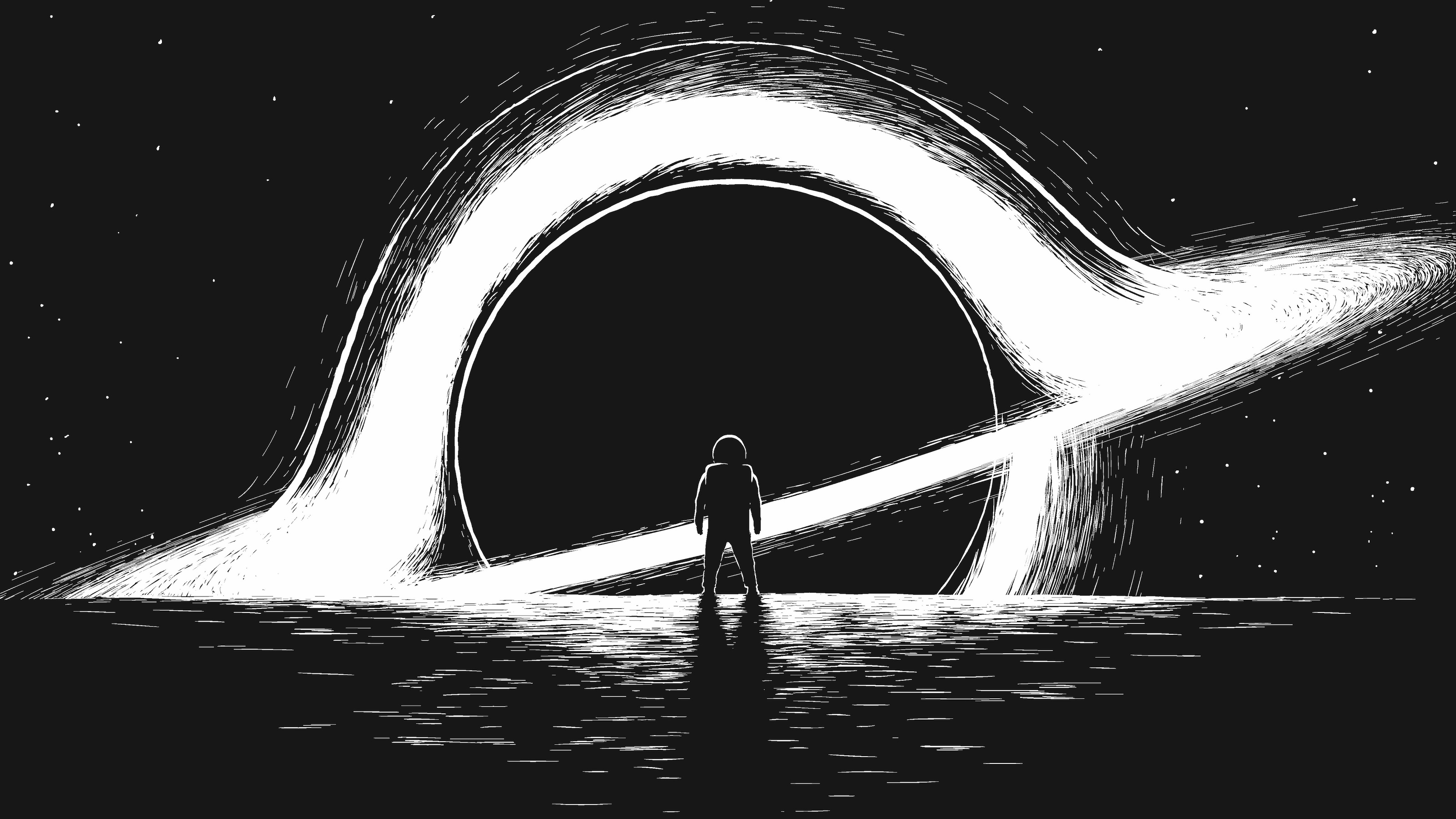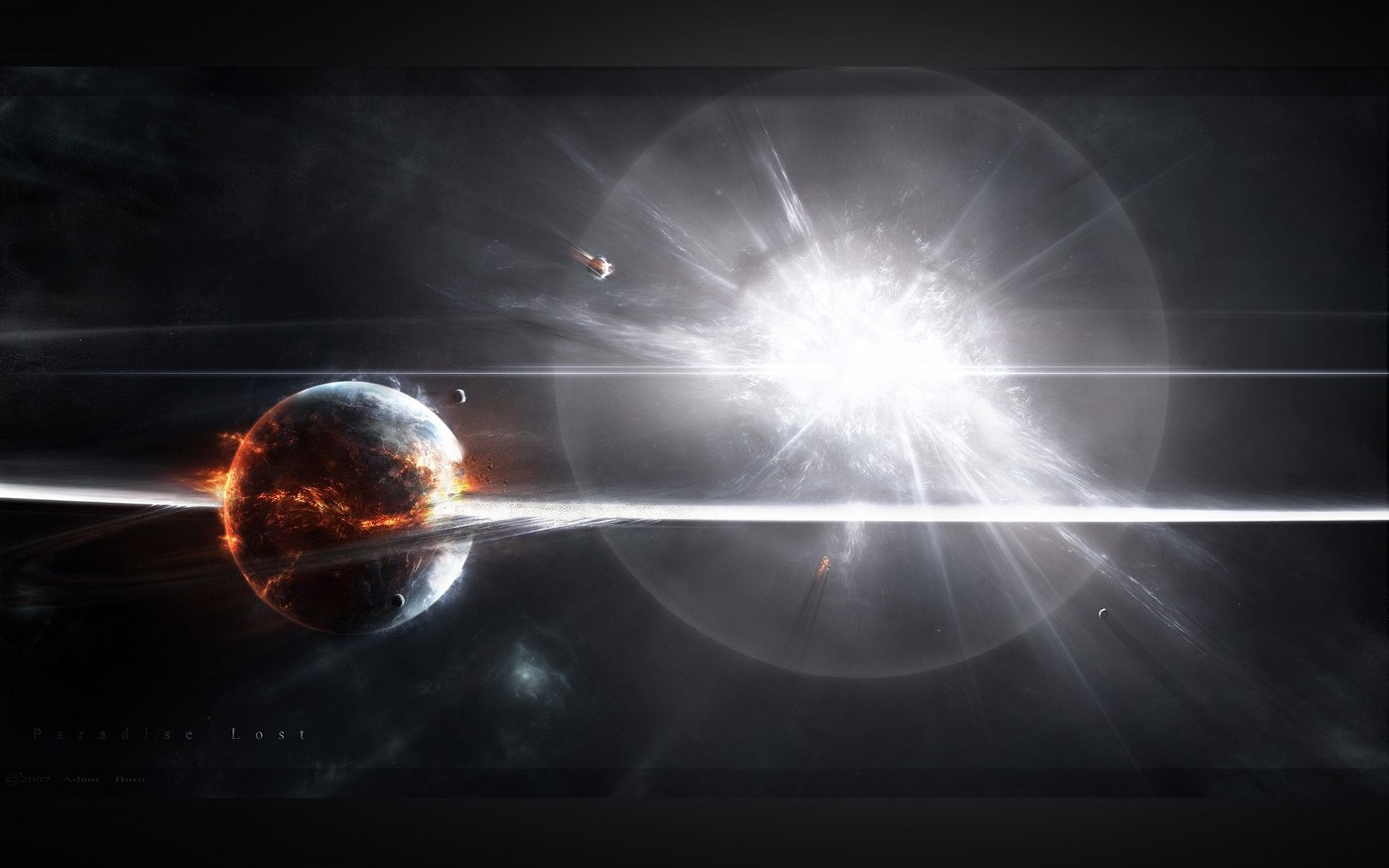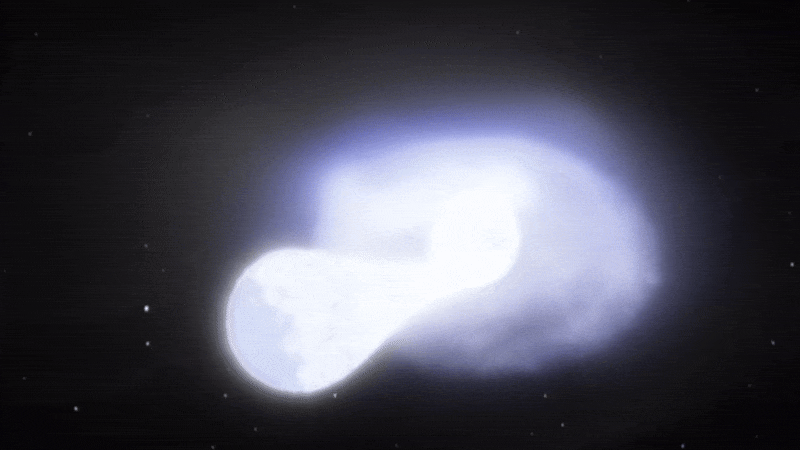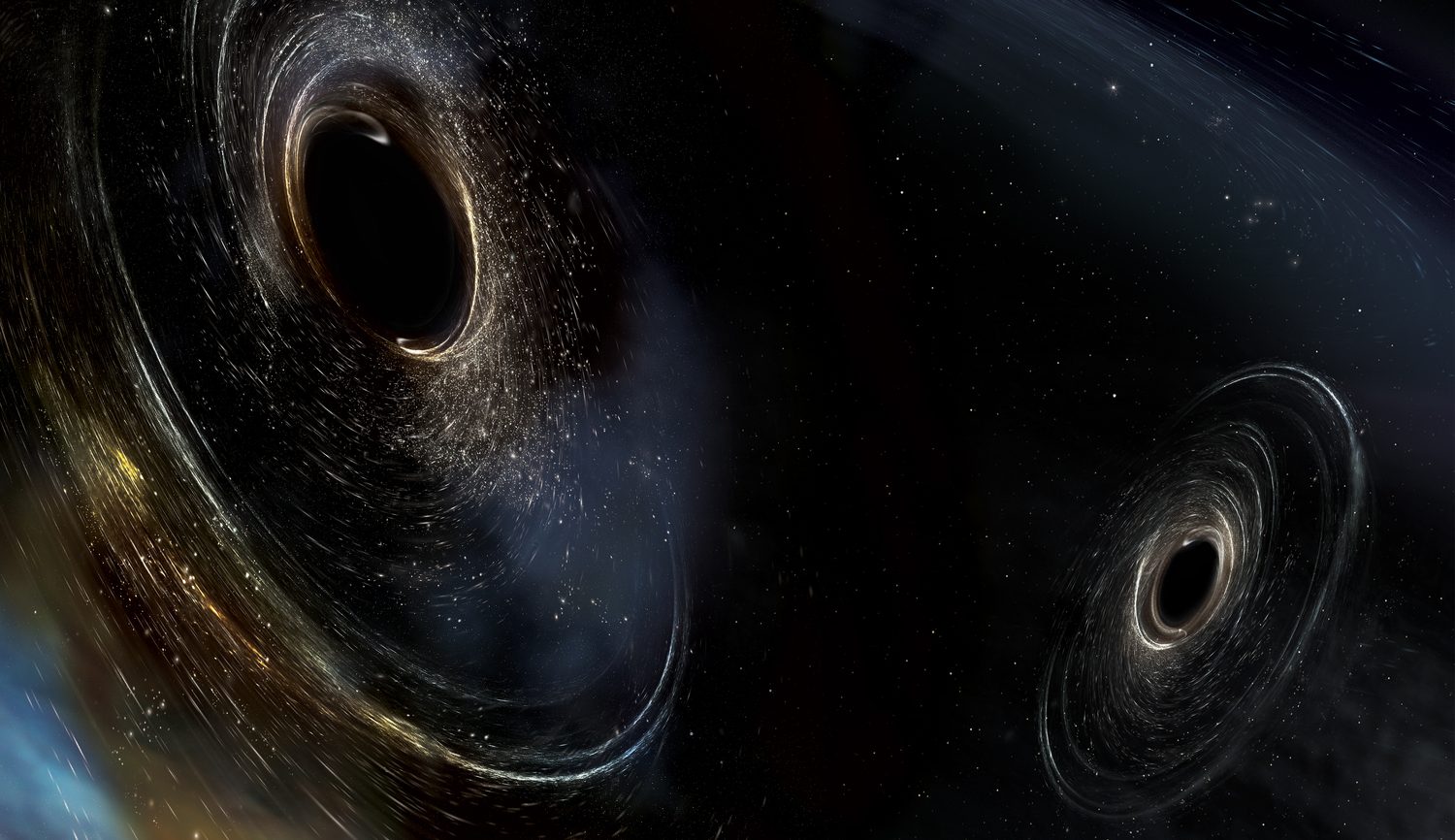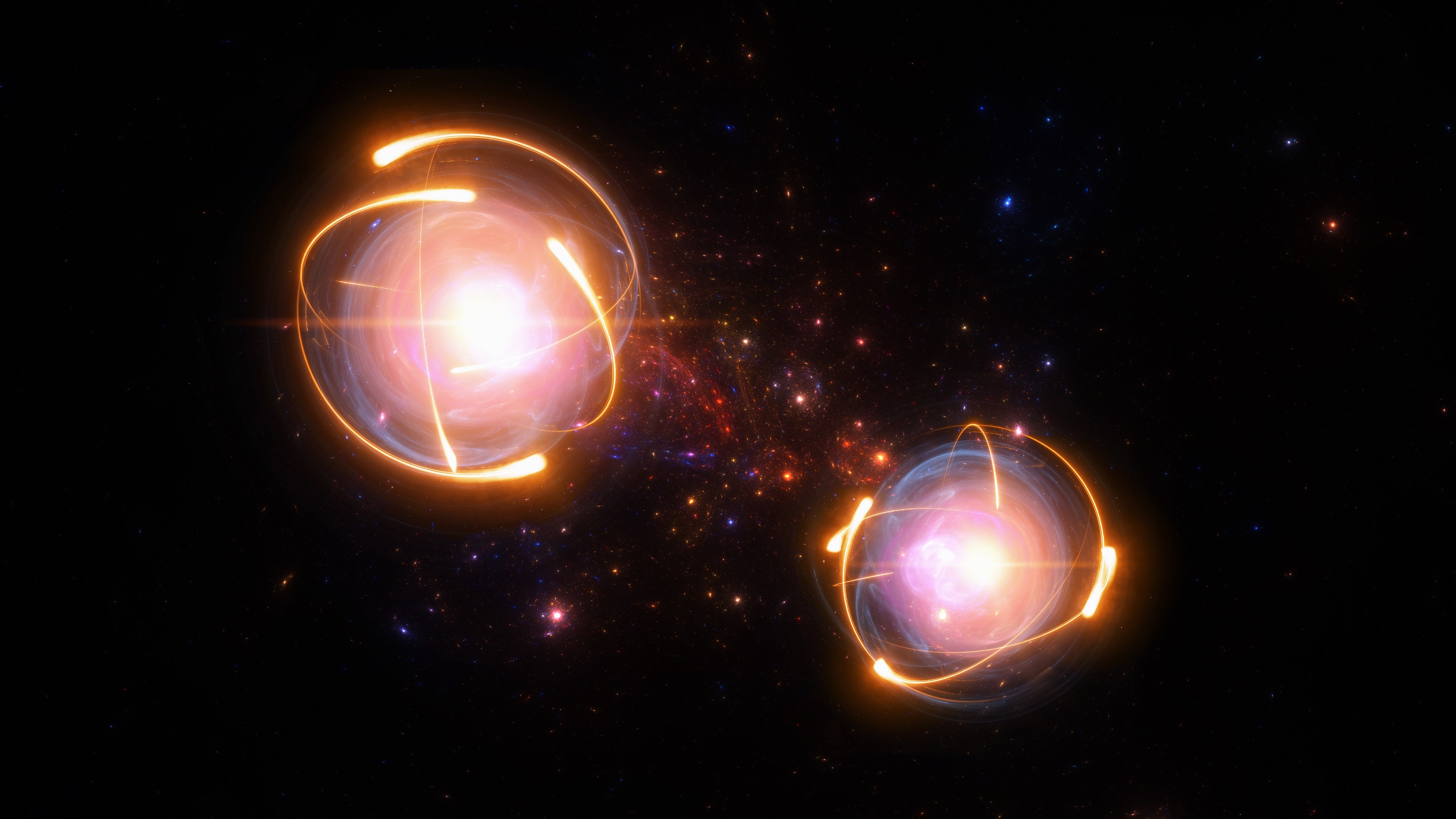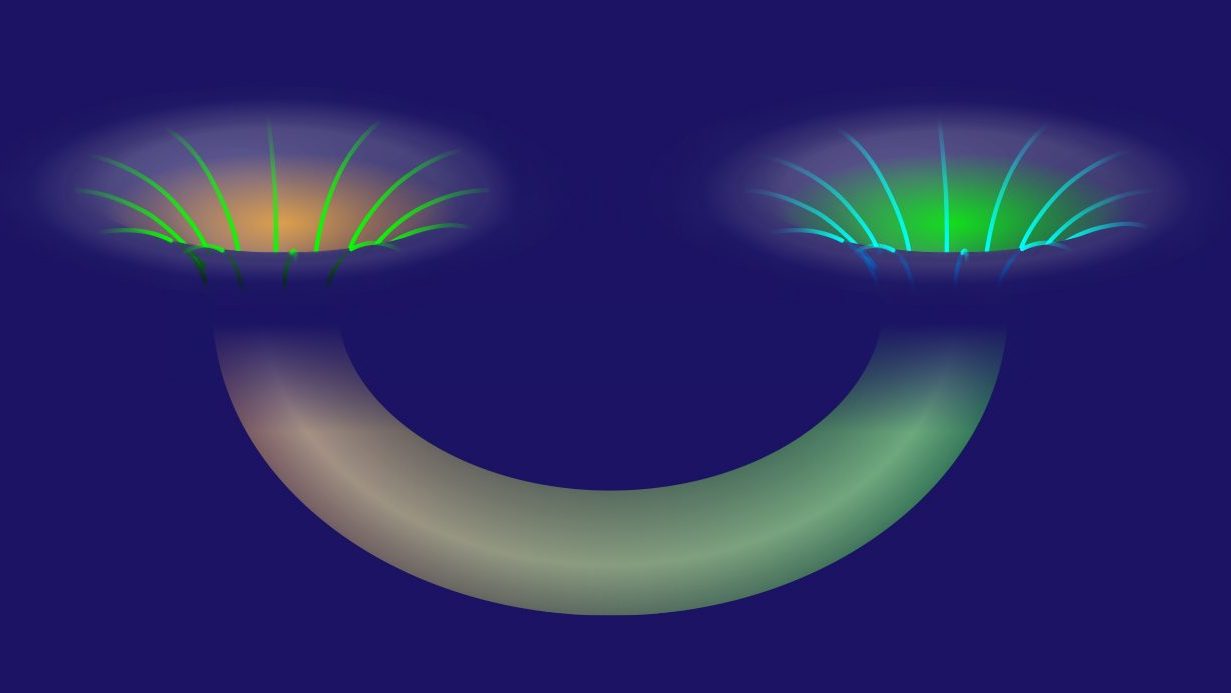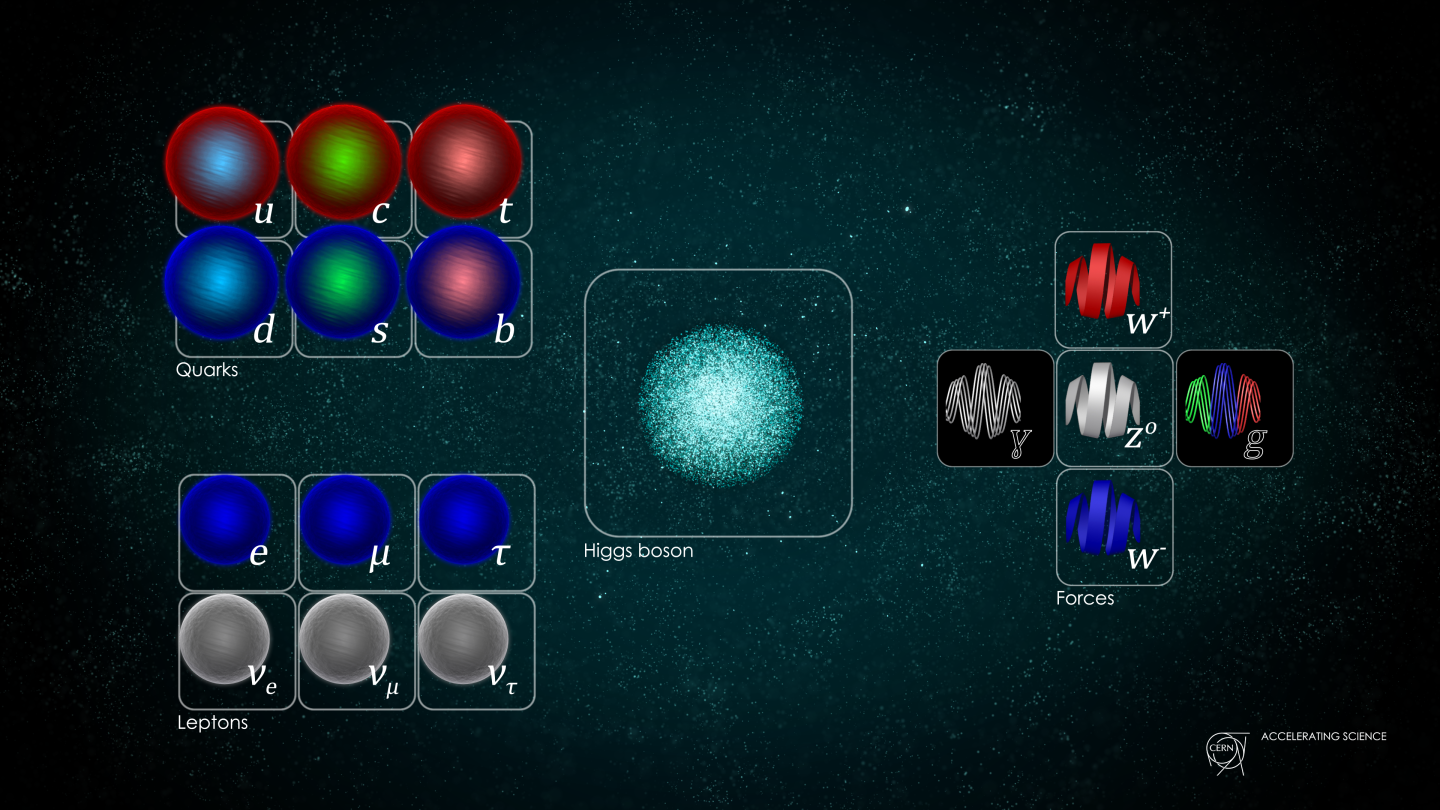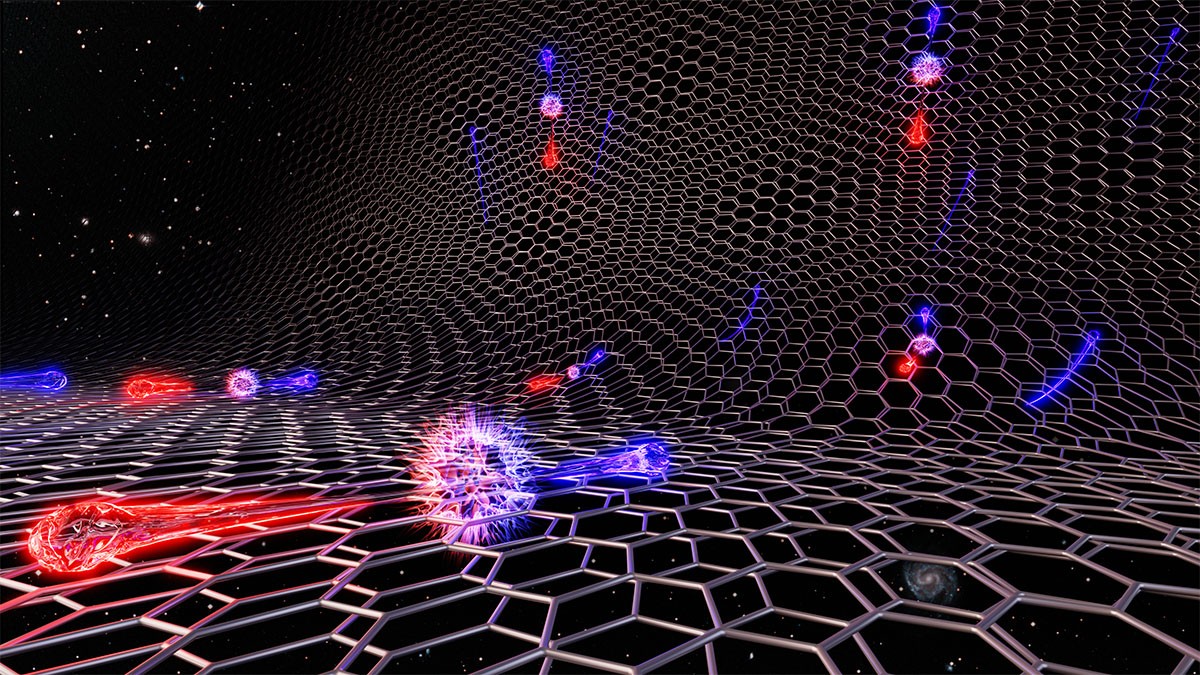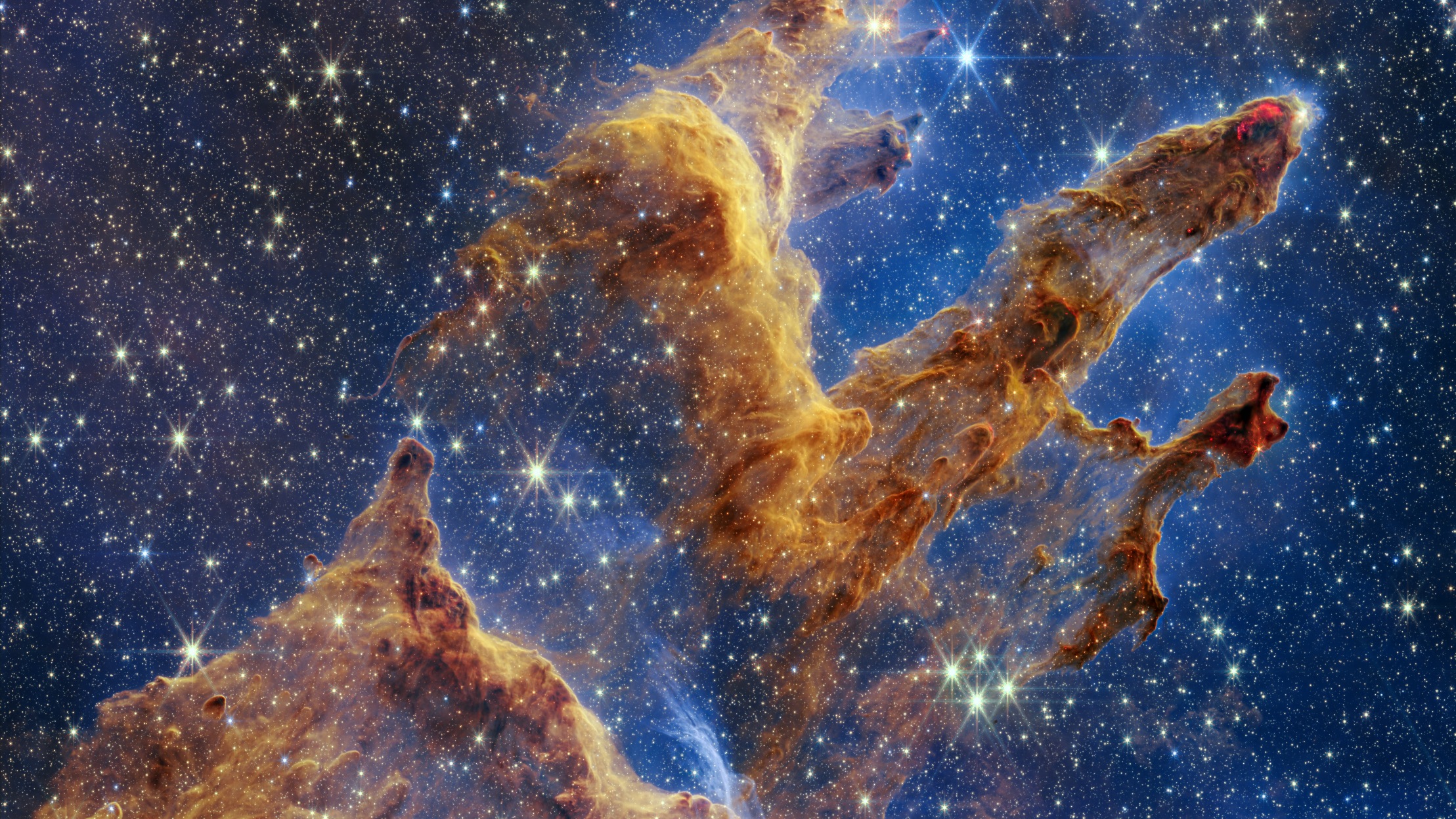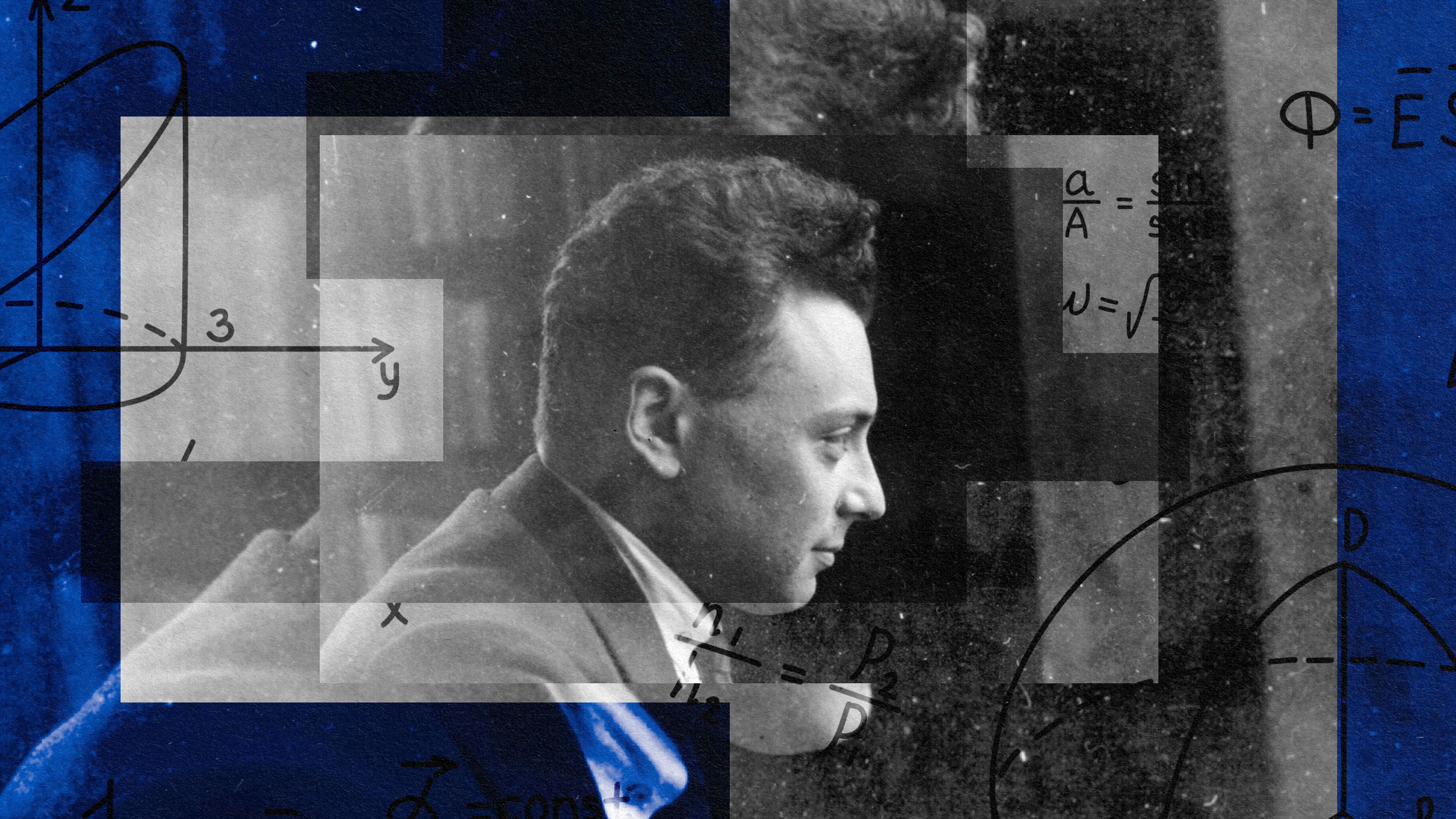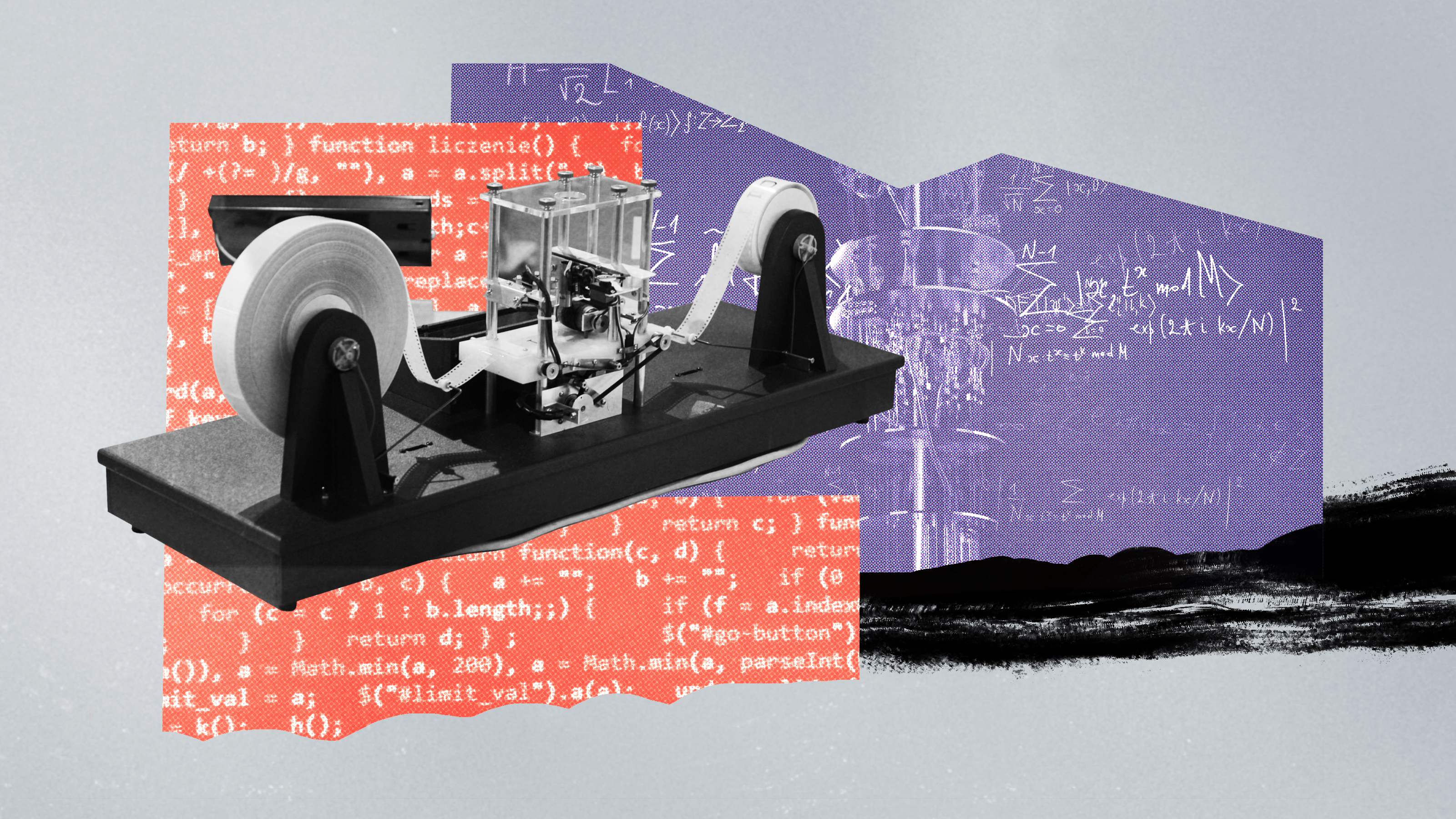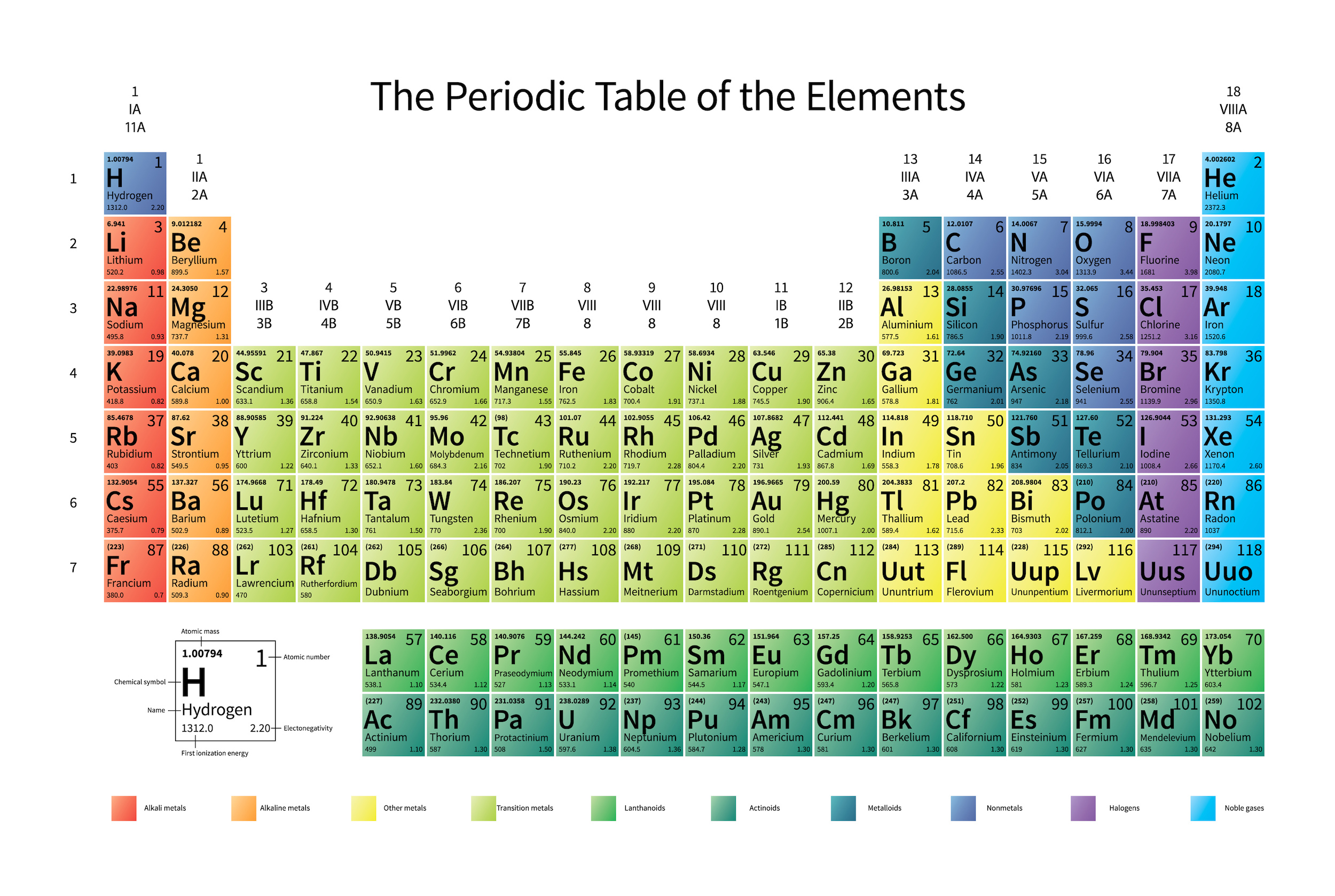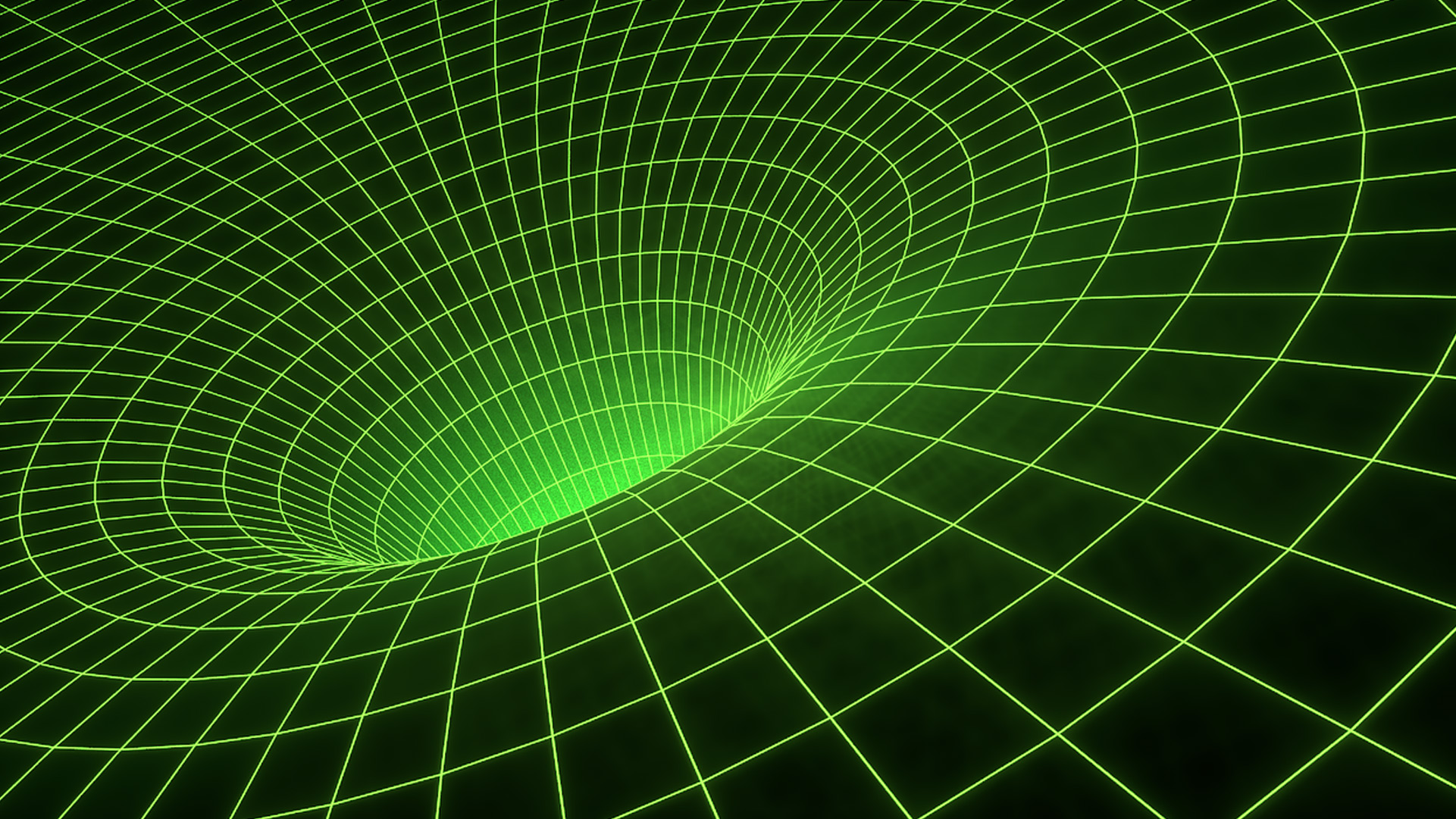For some reason, when we talk about the age of stars, galaxies, and the Universe, we use “years” to measure time. Can we do better?
Search Results
You searched for: quantum
Like Dua Lipa, he had to create new rules.
Scientists are searching for dark matter particles that are trillions or even quadrillion times lighter than the more traditional searches.
That scary swirling void from which nothing can escape is our perfect universal translation tool.
There was a lot of hype and a lot of nonsense, but also some profoundly major advances. Here are the biggest ones you may have missed.
The question of why the Universe is the way it is is an ancient one, and none of the answers we have come up with are satisfying.
Empty space itself, the quantum vacuum, could be in either a true, stable state or a false, unstable state. Our fate depends on the answer.
Quantum communication offers a surer path to sending an interstellar message, as well as receiving one. But can we do it?
Since 1930, type Ia supernovae have been thought to arise from white dwarfs exceeding the Chandrasekhar mass limit. Here’s why that’s wrong.
Dark matter hasn’t been directly detected, but some form of invisible matter is clearly gravitating. Could the graviton hold the answer?
The familiar terrain of solids, liquids, and gases gives way to the exotic realms of plasmas and degenerate matter.
In 1974, Hawking showed that black holes aren’t stable, but emit radiation and decay. Nearly 50 years later, it isn’t just for black holes.
The mass that gravitates and the mass that resists motion are, somehow, the same mass. But even Einstein didn’t know why this is so.
Whether you run the clock forward or backward, most of us expect the laws of physics to be the same. A 2012 experiment showed otherwise.
The multiverse is an idea that has gained a lot of traction in popular culture. But what does science have to say about it?
Quantum mechanics forces us to toss out the old, reliable ways in which we make sense of our everyday reality.
We think of physical reality as what objectively exists, independent of any observer. But relativity and quantum physics say otherwise.
All biological systems are wildly disordered. Yet somehow, that disorder enables plant photosynthesis to be nearly 100% efficient.
Some constants, like the speed of light, exist with no underlying explanation. How many “fundamental constants” does our Universe require?
In our common experience, you can’t get something for nothing. In the quantum realm, something really can emerge from nothing.
Gravitational waves are the last signatures that are emitted by merging black holes. What happens when these two phenomena meet in space?
Book Club
Ginni Rometty shares lessons in leadership learned during her 40 year tenure and recent executive position as former CEO of IBM.
Wolfgang Pauli was a brilliant, well-liked physicist and a scathing critic of balderdash.
Computers are growing more powerful and more capable, but everything has limits
When what we predict and what we measure don’t add up, that’s a sign there’s something new to learn. Could it be a new fundamental force?
The lithium-ion alternatives could help create a safer, greener future.
Up until 2002, we thought that the heaviest stable element was bismuth: #83 on the periodic table. That’s absolutely no longer the case.
LK-99, almost certainly, isn’t a room-temperature superconductor. The underlying physics of the phenomenon helps us understand why.
Einstein’s relativity overthrew the notion of absolute space and time, replacing them with a spacetime fabric. But is spacetime truly real?



